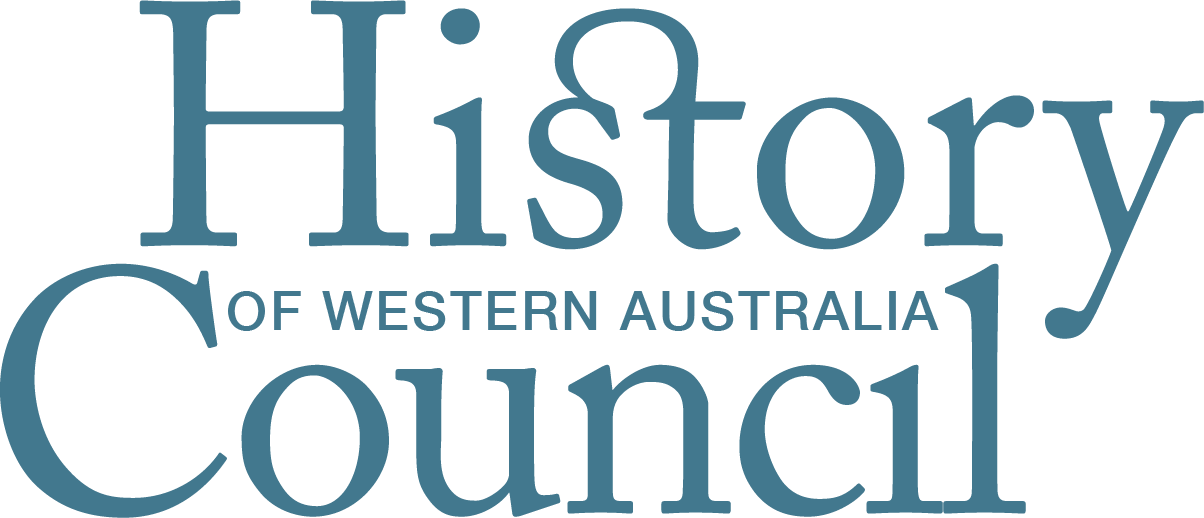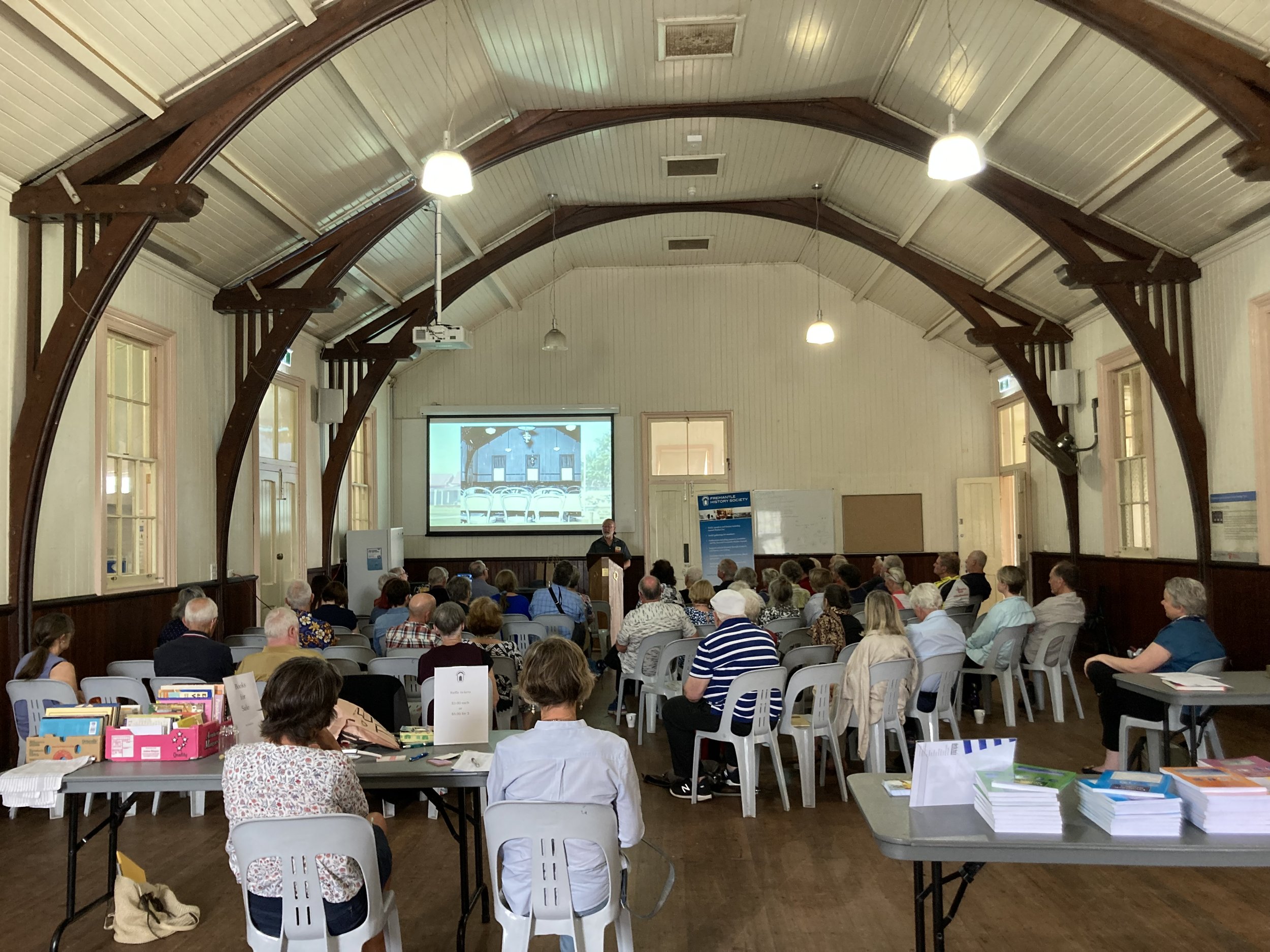Fremantle Studies Day 2021
A view of the Audience at Fremantle Studies Day 2021, located in the dining hall of the former Woodman Point Quarantine Station (Photo: Anne Brake)
The Fremantle History Society has once again organised an interesting and informative Studies Day. It was held in the beautiful dining room of the former Woodman Point Quarantine Station. The site is now used for recreation. Around fifty people attended and enjoyed the papers as well as the sumptuous afternoon tea.
The first paper of the day was presented by Neil Wilson, a retired educator and grandson of a former Officer in Charge of the Quarantine station. He related how the site was chosen, the construction of various buildings, and how the station operated in times of emergency such as the Boondah tragedy and the devastating smallpox outbreak. It is a sad history but also an uplifting one, showing the dedication of the medical staff putting their own health at risk to tend the patients. Neil certainly captured the essence of the place and provided an informative and entertaining paper.
The second paper was presented by Tarryn Lawrie, a senior archival officer at the National Archives of Australia Western Australia Office. Tarryn provided an extensive history of the Customs Service in Fremantle from the colonial service operated by the State to the changes after Federation in 1900 when the service was transferred to Commonwealth control. Through the use of archival records, Tarryn demonstrated the development of legislation which affected how the Customs service operated. Particularly interesting was the information about the use of the Dictation Test, as a tool in enforcing the Immigration Restriction Act (White Australia Policy). Other aspects of the service included the search of ships for drugs and stowaways.
Dr Michelle McKeogh’s paper drew on her PhD (Murdoch University, 2016), which examined three periods of crisis in Fremantle during the twentieth century: the bubonic plague; the Great War and the Depression Era. In researching the bubonic plague, Michelle found evidence not only of the crisis of Western Australia’s sanitation and health standards, but also examples of the worst prejudices of its colonial beginnings. When the plague reached the Chinese community, Western Australians began to display the social vilification that had coloured Sydney’s recent experience of plague. Michelle’s paper focussed on the events surrounding the death of a Chinese immigrant, Ah Keo, in 1901. Ah Keo was taken from the city ‘to a lonely place in the bush’ to die under a tree.
The fourth paper was presented by Dr Susanna Iuliano, a Fremantle local whose doctoral research focussed on Italian migration to Canada and Australia. Susanna explained that from the early days of their migration to Fremantle in the late 1800s, to the heyday of Italian migration to Western Australia in the 1950s and 60s, Italian migrants left an indelible stamp on Fremantle. Her paper explored the ways Italians in Fremantle created an Italian ambience, which influenced the cultural and built environment. Susanna’s paper was entertaining and at times very humorous in terms of the images she provided of the houses with the inevitable lions and concrete. Fremantle’s history is all the richer due to the influence of Italians over the years.
All in all, it was a fascinating and informative day. Thanks to all the presenters for their time and contribution. Thanks also to the committee and catering team for the excellent afternoon tea.
See you next year!
Pam Harris

